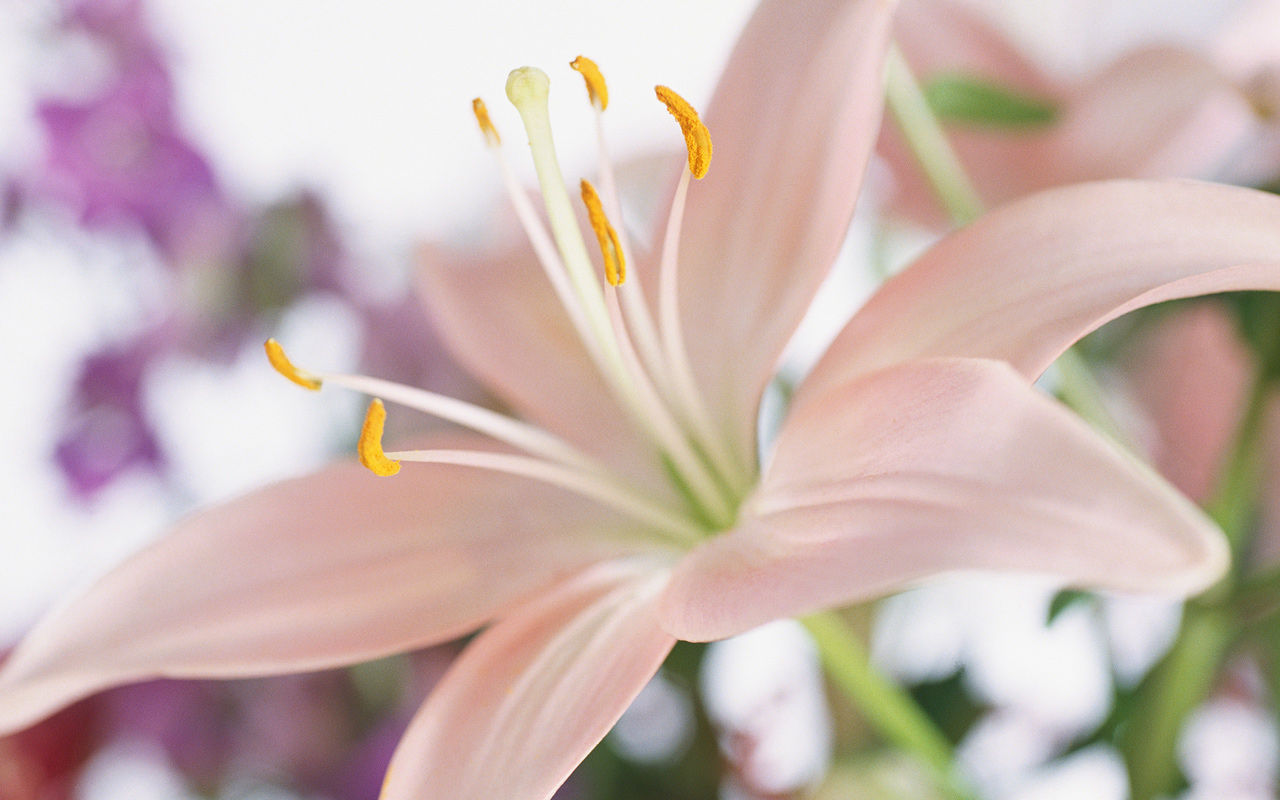The Difference Between Endings and Closure
- Erica L. Bartlett
- Jan 5, 2020
- 4 min read
Last week I wrote about how diets offer the false promise of happiness, but it occurred to me afterward that they also offer another type of false promise.
They tell you that your old way of eating will end.
Along with that, your old way of life will also end, with something new and better taking its place.
But changing your eating habits isn’t like getting a new car. You don’t turn in the old one and come home with something new and shiny, although that’s what diets suggest.
The problem is, relationships don’t work that way, and as I’ve also written before, what we have with food is a relationship (see Part 1 and Part 2 of earlier blog posts). And when a relationship ends, most of us still want closure.
Plus, your relationship with food will never end until you die. It will change, and the way you relate to certain foods might end, but you’ll always need to eat something.
So now that we’ve come to the end of one year and started another, it’s worth thinking about how endings and closure work with food.

Ending the Way You Eat
When you go on a diet, you generally want to change something about the way you eat. More specifically, you want to end certain eating patterns.
This isn’t a problem in and of itself, but if you go about it the wrong way, it can cause trouble.
For example, I suppose some people can go cold turkey, as it were, on stopping eating certain things. When this happens, though, it’s usually because of a medical condition, such as being diagnosed with celiac disease, or an ethical reason, such as wanting to stop eating red meat or all meat. Even then, you might slip up in the first couple of weeks of adjustment.
But changing your eating just because someone told you to? Because that‘s what you should be doing? That’s a much harder sell, and it’s much harder to stop altogether without a relapse.
At the same time, I understand that it’s a comforting sort of feeling. It’s much easier to think about things in a black and white way, that you’re either doing something or you’re not. It’s a lot harder to give yourself some wiggle room, to say that maybe you’ll eat a certain way some of the time, or only eat a little of a certain type of food.
I think this is why some people join Overeaters Anonymous or other programs that don’t make you question or consider whether you’re going to have certain foods. You simply know whether you are or you’re not.
I suppose that might work for some people, but I don’t think it does for most of us. Even if it does at first, eventually that gets old.
That’s why, when I finally changed my eating patterns for real, the only thing I put an end to was the idea of diets. Everything else was negotiable.
Finding Closure with Food Relationships
I realize it may sound odd to talk about closure and food, but it does make sense. As this article about closure noted: “Letting go of something that was once important can be difficult, and many people seek closure in doing so.”
And undoubtedly the way you relate to food is important. Changing that by letting go of certain habits, patterns of behavior, and traditions is often extremely difficult. It can help to try to put some closure around that.
What do I mean by closure with food? To me, this means trying to understand what you got out of eating that food.
For example, if you struggle with eating when you’re sad or lonely, food has given you comfort and a type of companionship. It might not have been the most effective way to find those things, but still, the food gave that to you.
Or perhaps you ate chips or other crunchy things when you were angry, and you found that this helped you calm down and give you a pause before acting on that anger. Again, this might not have been the best response, but the food did help you.
Additionally, in the article I mentioned, the author noted (dashes added by me): “Research has also shown that a type of writing that allows people to examine their loss through a redemptive lens – without blame and which focuses on the positives – can be useful in helping achieve closure….”
With this in mind, if you’re trying to end using food as a type of comfort or coping mechanism, perhaps you can write about how helpful it’s been in the past, without judgment of yourself for using the food that way.
And you could also write about how even though you’d like to find a different method of responding now, you still appreciate what that type of eating gave you.
Acknowledging the role of food in your life this way could make it easier for you to shift to new patterns of behavior, both because you better understand why you acted that way and because those memories are now more positive instead of negative.
Remember That It’s a Relationship
Whether or not you decide to change anything about your eating patterns this coming year, it will likely be helpful to remember that you do have a relationship with food. It’s not just about sustenance. It’s also about pleasure and memory and comfort and connection.
Given that, it helps to treat any changes as you might any other relationship, with care and consideration and appreciation. If you do try to make any changes using that approach, I’d love to hear about it!
And happy 2020!



























Comments